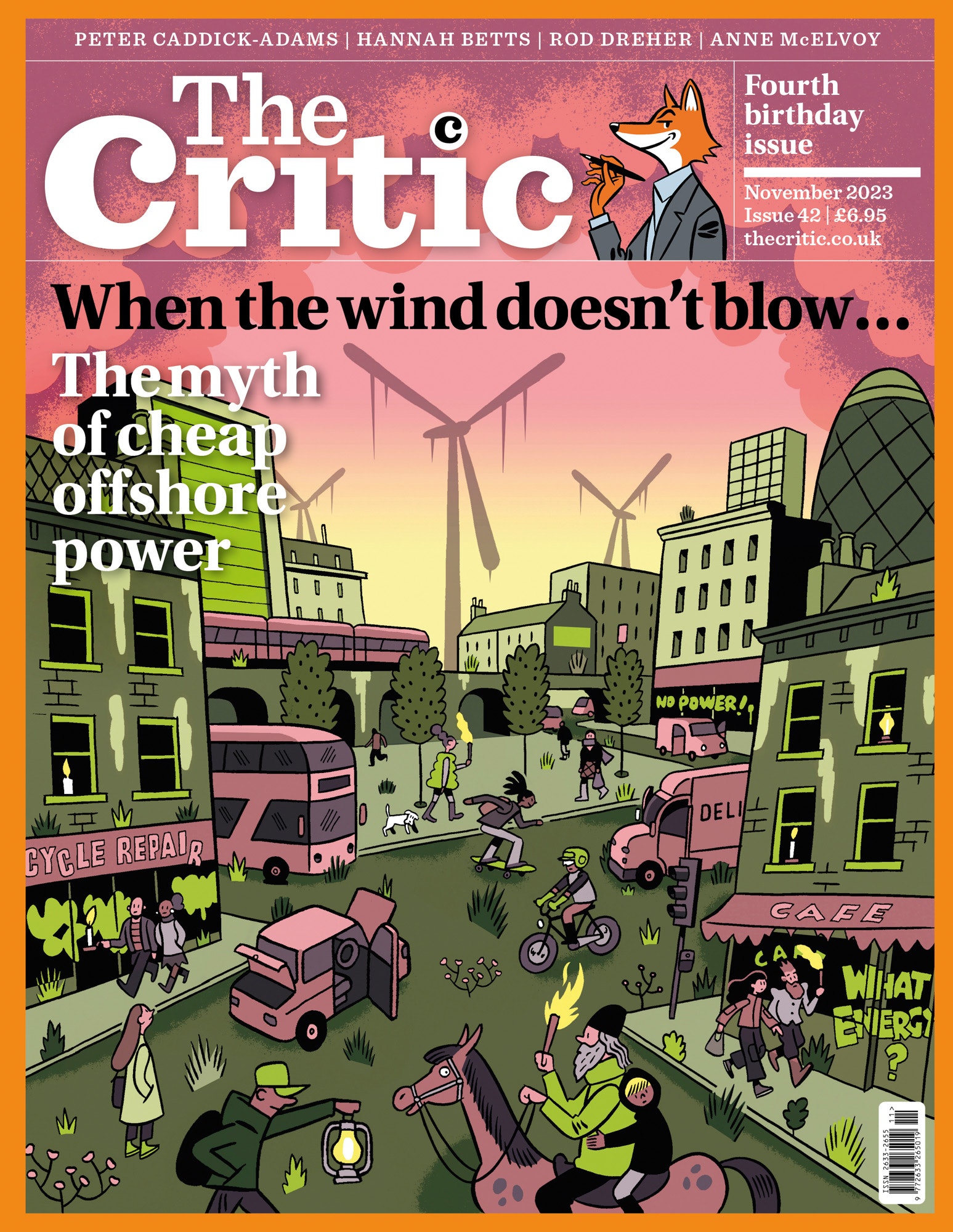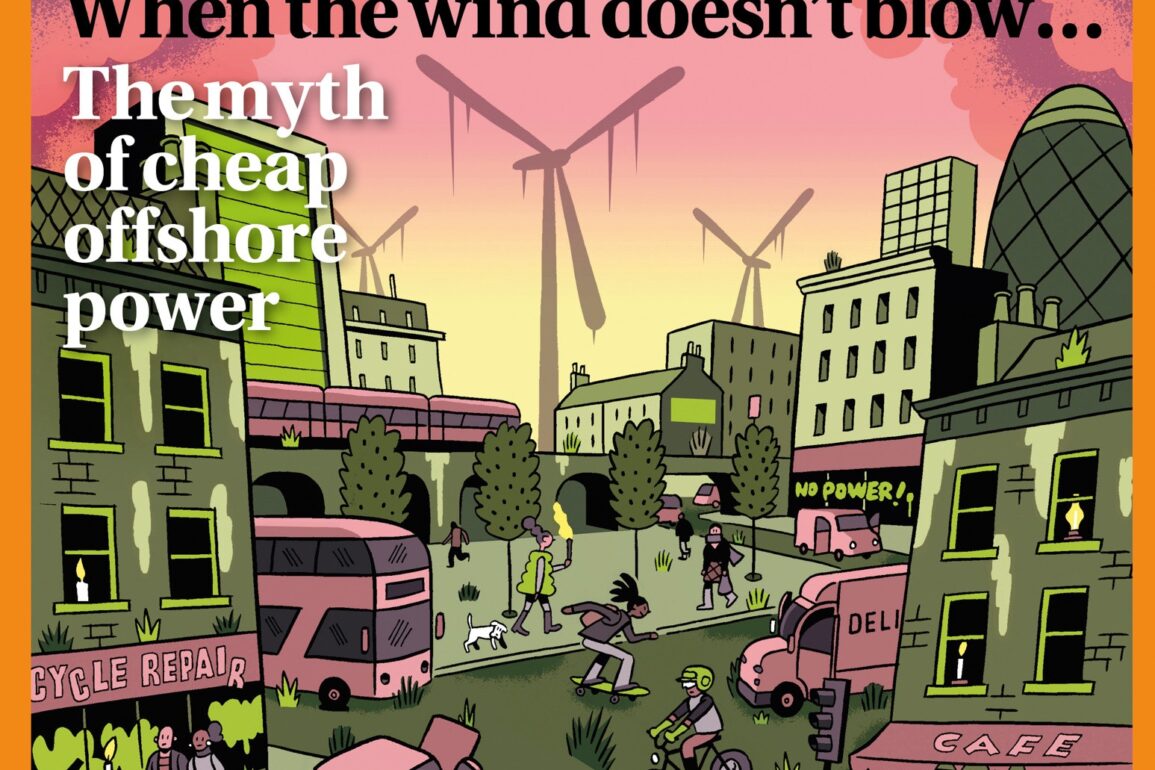Miss Universe is turning 71 — not the current titleholder, who is aged 29, but the competition itself. A proud septuagenarian sashaying toward its next birthday (the more modestly titled Miss World is only a year older), Miss Universe will hold its annual show on Saturday, 18 November. Many readers might be surprised to learn both competitions are still going strong. In fairness, from the stiletto heels and robotic hand waves to the pouting pursuit of world peace, it is hard to deny that these pageants seem passé. If beauty contests seem pitiful and anachronistic, a phenomenon from a bygone era, it would still be a mistake to believe we live in a post-beauty world.
Whilst the crowned winner of Miss Universe can expect to net some lucrative marketing deals and make a cool million or two from endorsements and advertising, for the rest of us, beauty is also bankable.
I speak not of the billion-dollar industries devoted to peddling makeup and skincare products, nor of the trade in nips, tucks and tweaks from cosmetic surgery or Botox. Instead, I speak of the most concealed, yet in-your-face bias known to humankind: pretty privilege. The fact is that beauty is not merely skin-deep; it has deep pockets.
You might suspect that “attractiveness bias” is a bogus source of bigotry, a parvenu of prejudice eager to jump on the injustice bandwagon. In fact, beauty bias is a force for some pretty ugly modern discrimination. Sometimes called “lookism” the phenomenon has even given rise to an economic field called “pulchronomics”. Less attractive people are less likely to be hired and more likely to be fired. In contrast, beautiful people do better when it comes to loans, employment and even restaurant tips. In 2015, a US study reported that more attractive servers pocketed $1,261 more per year in tips than their unattractive peers.
The better-looking aren’t just better off; beauty is a life-altering asset. It can interfere with teachers’ accuracy in rating students’ academic performance. Beauty also influences our life-long earning potential. Earlier this month, a study tracking the fate of American adolescents twenty years into adulthood found that physical attractiveness independently predicted social mobility, with the effect size greater for men than women.
One of the most underreported side effects of the pandemic was that social distancing seemed to momentarily take off the beauty blinkers. COVID-19 afforded countless more opportunities to show that covering up can influence our judgments. A study conducted in China during the pandemic found that after masking up, more average-looking hotel employees received a boost in their customer service ratings; this reversed when the wearers were better-looking. In Sweden, when classes moved online, attractive female students missing the boon of face-to-face teaching scored lower grades (though for male students, the “beauty premium” remained).
Beauty can also serve as aesthetic armour, protecting the fate of the physically fortunate when they screw up. Multiple studies show that even when they commit crimes, the gorgeous are less likely to be found guilty. In the U.S., a recent long-term study reported that young people who were judged to be more attractive were “less likely to be arrested and convicted than less attractive persons”.
If all this isn’t enough, aside from crowning them with tiaras, we bestow on the beautiful halo of morality. Whilst movie moguls cast the blemished, scarred or pockmarked as baddies, the rest of us are equally guilty of casting the good-looking as, well, morally good and stereotyping the less captivating amongst us as less moral and more impure.
We’ll never witness celebrities highlighting beauty bigotry
Despite this, and decades of research holding up a mirror to humankind’s ugly tendencies, defending the less lovely hasn’t exactly taken off. Maybe that’s because it’s less Instagram-able. My best bet is we’ll never witness celebrities with an activist bracelet highlighting beauty bigotry or adopting the hashtag “end lookism”. In an epoch of social activism, attractiveness bias is the last taboo. We shouldn’t give up, though, just because the bold and beautiful literally have skin in the game.
In the quest to right these wrongs, some have taken an unhelpful if well-meaning tack. One such common approach is to deny beauty exists in any objective sense. Earlier in November the Guardian inaugurated “Ask Ugly” — a self-styled anti-attractiveness agony aunt column. Here, the word beauty was embarrassed to be seen without scare quotes: “‘Beauty’”, the feature declared “is a culturally constructed illusion … It is meaningless …” Yet, in a Schrodinger’s cat-like confession, the columnist seemed to admit beauty did exist after all, since “it affects how a person is perceived”.
Attractiveness certainly does have a subjective aspect. When it comes to pin-ups, we can and do differ in our personal tastes and preferences.
Beauty is not merely in the eye of one beholder, though. The truth is people tend to agree about who is more and who is less attractive, both within and across cultures. Of the 7.8 billion of us on planet Earth, we do not all get to become a pin-up.
The Guardian column’s suggestion that beauty is simply imprinted on our minds by some external force, like a giant cultural embossing stamp in a Terry Gilliam Monty Python cartoon, does not hold either. Ideas of attractiveness did not demand to grace the cover of Vogue magazine, like some alien diva determined to manipulate human thinking.
Reality is more prosaic. We are great apes, and our mindware is primarily influenced but not implacably determined by the four fs: feeding, fleeing, fighting and reproduction. It should come as no great surprise to any human being that beauty is linked to health, fertility and strength. Consequently, it is unlikely a 71-year-old will win Miss Universe, that consumers will demand cosmetic surgeons create wrinkles, or that Boots will ever sell products to make crepey skin. Beauty will always be the provenance of the young. We all know this.
Of course, attractiveness has its place. Who doesn’t enjoy a looker? In some jobs, beauty might be exactly what we need and want. In other contexts, when it leads to injustice or harm, we need to work harder and do better. We can’t do that if we don’t first admit beauty exists.
When the Miss Universe candidates start to strut their stuff on Saturday, rather than labelling them shallow, we would do well to remember we’ve all got a touch of the pageant jurist. The only difference is, outside the sequined realm of beauty queens, the rewards at stake are more substantial than rhinestone tiaras.
Enjoying The Critic online? It’s even better in print
Try five issues of Britain’s newest magazine for £10

This post was originally published on this site be sure to check out more of their content.






